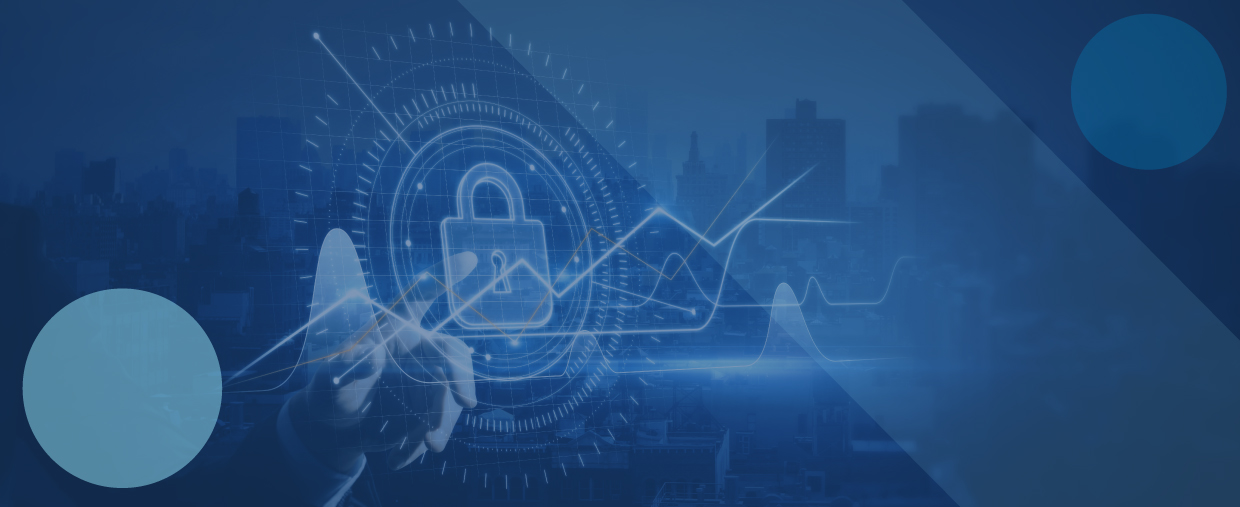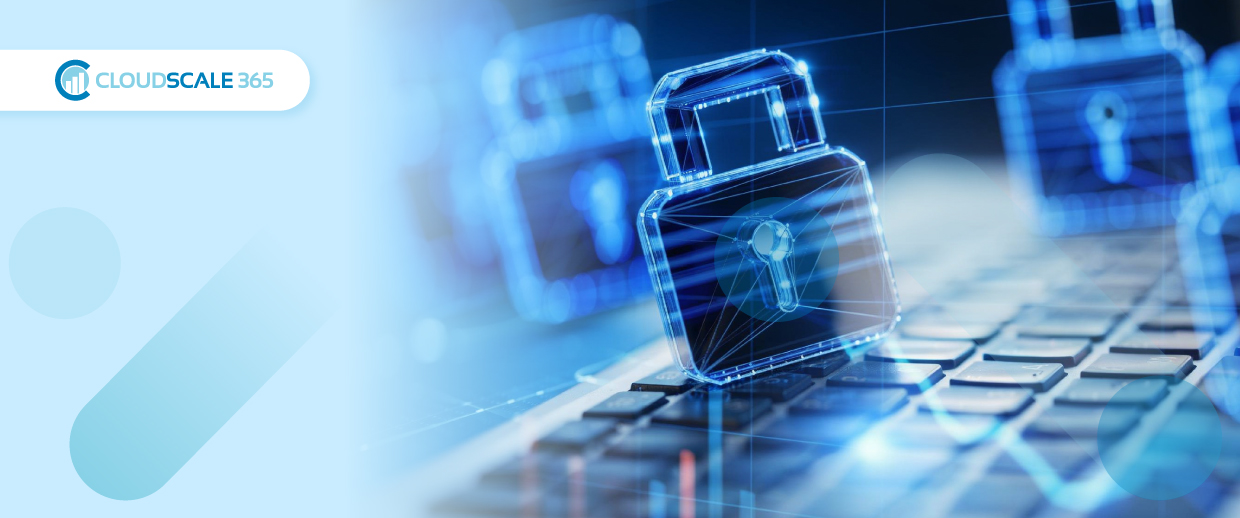When you read on the Internet about companies falling victim to cyber-attacks, it seems so distant. Almost impossible to happen to you. And that’s exactly what hackers want you to believe.
As a lawyer, you must adhere to the attorney-client privilege which means any information a client shares with you has to remain confidential.
In your profession, you have access to trade secrets, intellectual property, and other valuable information. In spite of the fact that it seems normal for law firms operating with sensitive data to have impeccable cybersecurity policies, many don’t prioritize it, or cannot afford it.
This is why law firms have become targets within the hacker community. They contain all the desired information with less cybersecurity.
Simply put, law firms are the perfect target.
In the next paragraphs, we will go through some of the most common cyber-attacks that threaten legal firms and we will share different ways to protect your data.
Let’s dive into it.
Your Obligations as a Law Firm
There is no doubt that you know your obligations better than us, the managed IT provider. Nonetheless, we want to highlight a few things from the American Bar Association (ABA).
The first thing is Rule 1.6, regarding the confidentiality of client information, which states that: “A lawyer shall make reasonable efforts to prevent the inadvertent or unauthorized disclosure of, or unauthorized access to, information relating to the representation of a client.”
And secondly, we want to take you back to 2018, when the ABA issued Formal Opinion 483 where three things stand out:
- Obligation to monitor for data breach
“Lawyers must employ reasonable efforts to monitor the technology and office resources connected to the internet, external data sources, and external vendors providing services relating to data12 and the use of data.”
- Stopping the breach
“When a breach of protected client information is either suspected or detected, Rule 1.1 requires that the lawyer act reasonably and promptly to stop the breach and mitigate damage resulting from the breach.”
- Notice of data breach
“When a lawyer knows or reasonably should know a data breach has occurred, the lawyer must evaluate notice obligations.”
And while these excerpts from the law are just scratching the surface, they give a good overview of your obligations as a legal firm and how you should conduct in case a data breach occurs.
Now let’s proceed with a concise list of the most common cyberattacks that you might face.
Top Cyber Threats to Law Firms
- Phishing attacks
Phishing involves attackers influencing users into disclosing personal information or clicking on a malicious link. Phishing is most prevalent over email, with attackers spoofing the email address of one party to convey a more convincing message to the recipient.
- Malware attacks
Malware is short for “malicious software”, and describes code designed to gain unauthorized access or cause damage to data and systems. Ransomware is a type of malware that restricts access to files or data on a network or device until a ransom payment is made. Once again, email is the most common attack domain.
- Data breaches
A data breach is the intentional or unintentional exposure of sensitive or confidential information to unauthorized parties. A notable example is the Panama Papers hack in 2016, which resulted in the loss of 2.6 Terabytes of data from Panama-based law firm Mossack Fonseca, the largest data loss ever. It was believed that the breach occurred due to the law firm’s client portal not being updated for three years.
- Credential theft
Typically, credential theft begins with a malicious email that tricks partners, attorneys, or staff into sharing login information. If successful, the cybercriminal may sell the credentials or enter further into the network to compromise sensitive documents and client data, edit, or delete it, reset passwords, or cause other damage. And, since the attacker is using a legitimate account, it can be hard to detect something is wrong until it’s too late.
- Financial redirection
Financial redirection occurs when an attacker intercepts payment between you and your clients. They may lay low after gaining access to your email – often via credential theft – and study your activity to understand the billing process, business relationships, and payment schedule.
An attacker, for example, may email clients right before you send invoices asking them to redirect payment to a new location. Due to the fact that the request appears to be coming from you, a trusted professional, they’ll probably assume it’s a genuine request. Unfortunately, a single financial redirection attack can cause irreparable damage to a firm’s finances and reputation.
- Insider Threats
There is a worrying new trend that is considerably more difficult to detect: the insider danger. Employers who are careless and use weak passwords or leave equipment unsecured are security risks. Insider breach risk was cited as a major worry by 96% of IT leaders in the legal sector in March 2020. Examples of data breaches include employees sharing data on personal computers, leaking data to competitors, and transferring data to new jobs.
How to Protect Your Law Firm Against Cyberattacks
As Benjamin Franklin once said:
“By failing to prepare, you are preparing to fail.”
Believing that nothing is going to happen to your organization is naive and unethical. As a legal firm, you are responsible for tons of personal data and your clients believe that you will be taking good care of it. Rather than crossing your fingers and postponing the decision to implement security processes you can take several steps to achieve peace of mind. Here they are:
Regularly Update Hardware and Software
Maintaining your tech inventory is a tedious task, we know. But a vast majority of the cyberattacks target outdated software. That’s why make sure to schedule regular updates of your inventory. A good practice is to create a thorough catalog of all your hardware and software, including all devices and different serial numbers. This way you will ensure that you or your team won’t miss a thing in the process. It’s a simple task, but it could make a huge difference in terms of your safety.
Invest in Your Staff
The insider threat is a serious one, but it could easily be avoided if there is a proper training program in place. Don’t assume that your colleagues know how to spot and avoid a phishing email. Open dialogue and train them to avoid accidental user errors and promote law firm data security best practices. Require training to be taken upon hire and periodically thereafter.
Always Have a Back-Up
Putting all of your eggs in one basket is a strategy destined to fail. As we already clarified, it’s unrealistic to think that your firm is of no interest to cybercriminals. Take the time to back up your data and store it on an external hard drive or using a cloud-based service. Having a copy of your information in a secure location that is disconnected from your network means that your data will be still accessible in the event of a cyber attack. On top of that, you will be able to rapidly recover files and experience minimal downtime.
Be Prepared for the Worst
It’s better to take precautions for hypothetical scenarios than being surprised when the unwanted event strikes.
Build a plan for what to do in the event of a data breach. Communication plans, password changes, and reporting unauthorized access to your data should be included in the plan.
Another scenario you should prepare for is what you will do in the event of a disaster so that your law firm can continue to function.
Prepare a disaster recovery/business continuity plan. Among the items you need to consider in your plan are defining critical systems and equipment, identifying appropriate tools/procedures (such as backups, remote sites, cloud providers, etc. ), and developing communication plans.
Encrypt Your Communication
Encryption translates your data into a secret code, which then requires a key or password to access it. One of the primary ways for hackers to intercept your data is in your communications. As part of your firm’s data security plan, review any vulnerabilities across your communication channels and look to mitigate them. For instance, make sure to encrypt your firm’s emails. Look for a service that offers end-to-end encryption across multiple methods of messaging.
Utilize Reliable Cloud Storage Solution
You should always choose a cloud provider that has an established track record of security and reliability. Furthermore, you’ll need to ensure that the same cloud storage method is used throughout the organization – this will make things easier to monitor in case of security issues.
Be Proactive
None of the things we mentioned up until this point matter if you’re not willing to take the necessary steps. Don’t make the mistake to react to unexpected events. Being prepared for the worst will allow you to handle cyber-attacks with confidence and ease. Additionally, taking security precautions would be beneficial for your firm’s image and trustworthiness. Clients want to see that the law firm they plan to work with could be trusted with their personal data, confidential documents, and communication.
Have You Ever Considered Working with a Managed Service Provider?
We know that this may sound self-serving, but we cannot run away from the fact that utilizing a reliable MSP your legal firm will benefit a lot. When you use a managed IT provider, you’re granted access to a team of experts, best-in-class technologies, and innovations, and you’re given a more cost-effective way to manage your security.
CloudScale365 can offer you end-to-end protection for your entire infrastructure, including your clients’ personal data.
We developed an all-in-one service that gathers everything in itself:
- Backup and recovery;
- Anti-malware & ransomware protection;
- Disaster recovery;
- Global threat monitoring;
- Email Security.
On top of that, our team of experts can build a custom-made cybersecurity plan that ensures minimal downtime, disruptions, and data loss.
Take advantage of our free onboarding consultation. Get in touch with us for the implementation of a versatile end-to-end security strategy for your organization.
 Broadwing Capital Acquires CloudScale365...
Broadwing Capital Acquires CloudScale365... 


